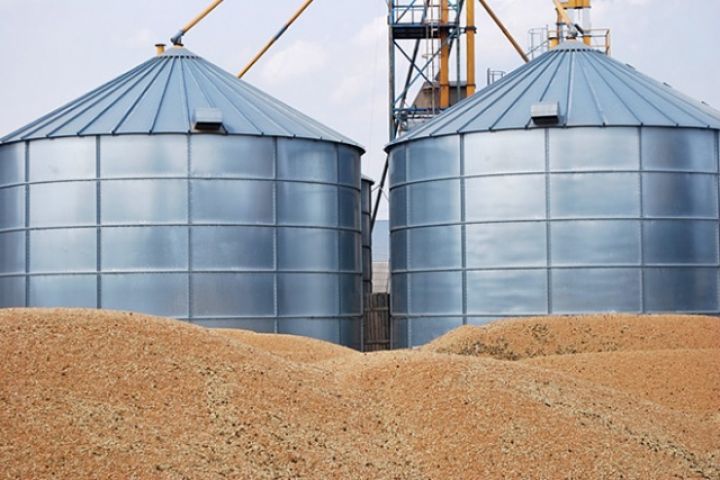US grain elevators could be forced to lower bids for soyabeans and grain due to high storage costs, according to a new report by CoBank’s Knowledge Exchange reported by World Grain.
Rising costs were due to climbing interest rates, high commodity prices and increasing energy, insurance, labour and transportation costs, the 1 June report said.
The interest-related cost of carrying in the 2023-24 crop year was forecast to reach record levels with year-on-year increases for corn, soyabeans and wheat of 21%, 42% and 50% respectively, according to the report.
Insurance costs had also increased due to multiple weather disasters, the report said.
In addition, other operational costs were also increasing and were difficult for elevator operators to reduce, the report said.
“For grain elevators, the sharp rise in interest rates couldn’t have come at a worse time as they borrow higher-priced funds on commodities that have also remained at historically high prices,” Tanner Ehmke, lead grains and oilseeds economist for CoBank, was quoted as saying.
“And while grain elevators are motivated to move inventory as fast as possible to lower carrying costs, processors and end users will want to delay ownership of commodities to reduce their own inventory costs.”
The inverted futures markets, where later-dated contract prices were lower than spot prices, increased the challenges facing grain elevators, the study said.
When futures prices are lower than spot prices, farmers are likely to sell commodities rather than hold them for future sale, according to the report.
Several factors were causing the situation, including drought in the US plains and Argentina, loss of production of grains and oilseeds in Ukraine due to the ongoing conflict with Russia, other geopolitical concerns and rising global demand, combined with expectations for record corn and soyabean harvests in the 2023-24 marketing year, World Grain wrote.
As co-operative elevators were in business to buy and market their members’ grain, they carried inventory despite the economic disincentive of doing so, the report said.
Holding commodities in high-interest rate environments also ties up a company’s work capital, according to the study.
However, grain co-operatives had control over their local bid and elevators that lowered their local bids and widened basis would have to examine their operating costs and margins, the CoBank study said.
The wider basis could potentially attract more export business in autumn, meaning domestic users might have to pay more if they wanted to ensure supplies through 2023-24, it said.
“It’s a challenging situation for co-operative grain elevators as well as farmers, because it comes at a time when farmers are also facing higher costs,” Ehmke added.
“Co-op[erative] managers will need to closely scrutinise their operating costs and impose greater discipline on cost wherever possible. And if they need to lower their bids and widen basis to cover storage costs, they should communicate early and consistently with farmer members who will be impacted.”




